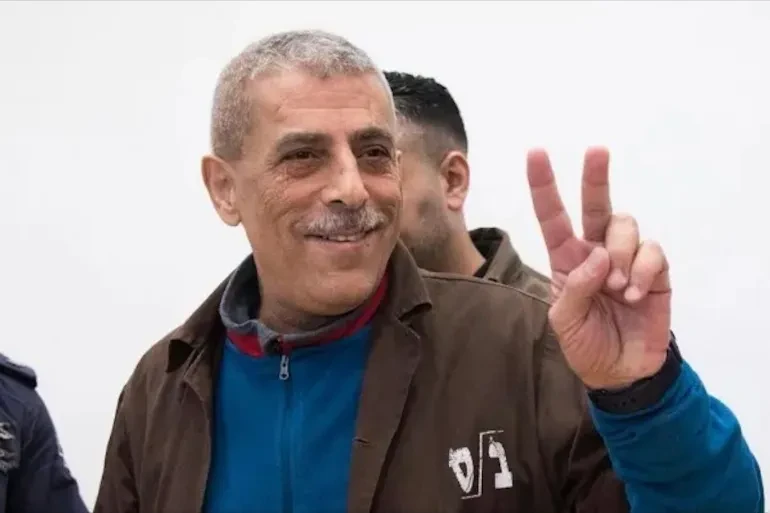jlk – Interrogative right is one of the constitutional rights held by the DPR (People’s Consultative Assembly) to investigate a policy or the implementation of laws deemed problematic.
This right has existed since ancient times when the people of Greece used their voting rights to expel disliked individuals from the city.
However, the interrogative right we know today is more investigative than repressive, although sometimes the outcome is the same: expelling disliked individuals from their positions.
Recently, interrogative rights have sparked heated discussions on social media, especially after presidential candidate number 3, Ganjar Pranowo, proposed the use of interrogative rights to investigate allegations of fraud in the 2024 elections.
Ganjar, who is also supported by the PDI-P and PPP, claimed that there were indications of structured, systematic, and massive fraud that disadvantaged his candidacy.
Ganjar also challenged presidential candidate number 2, Prabowo Subianto, supported by the Coalition for Change (Nasdem, PKS, and PKB), to prove the validity of his victory in the elections.
However, this proposal for interrogative rights is not welcomed by all parties. Some argue that interrogative rights are an attempt to disrupt the democratic process that has proceeded according to the rules.
They argue that interrogative rights will only waste time, energy, and public money, and create political turmoil and instability.
They also allege that interrogative rights are a manifestation of disappointment and dissatisfaction from the losing side in the elections, who refuse to acknowledge defeat and respect the people’s decision.
So, who is right and who is wrong in this matter of interrogative rights? Is interrogative right a human right that must be protected and respected, or a monkey right that only generates chaos and foolishness?
To answer this question, let’s delve deeper into what interrogative rights are, how their mechanisms work, and what their impact is on the nation and state.












